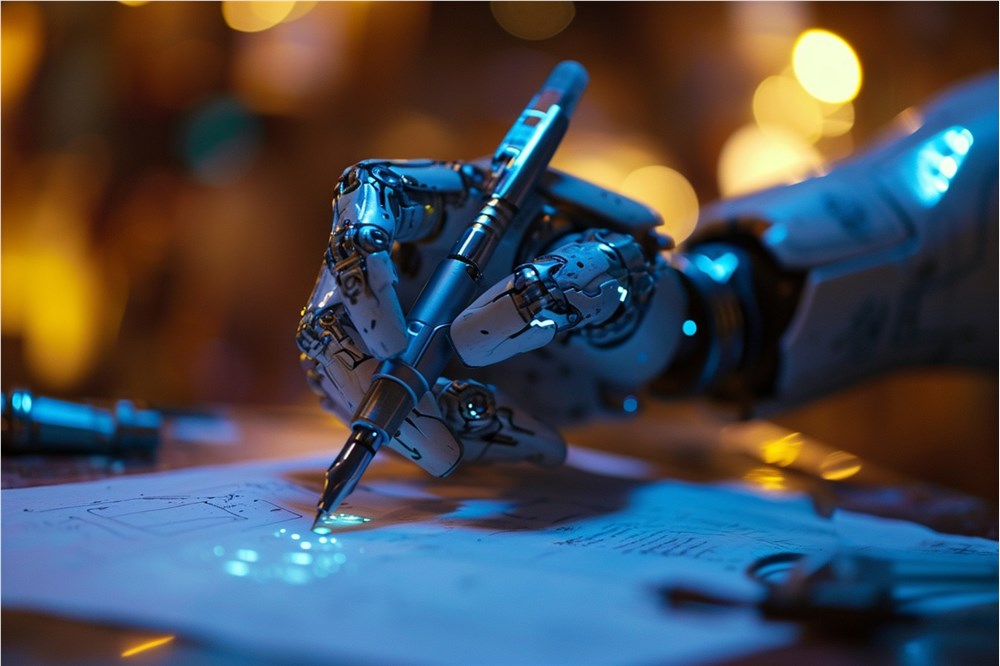Recently, Abu Dhabi's Mohammed bin ZayedArtificial Intelligence UniversityResearchers at the University of Southern California (MBZUAI) say they have successfully developed a technology that can mimic a person's handwriting style from just a few paragraphs of text. The research shows that artificial intelligence can not only generate realistic voice clones and deep fake videos, but also imitate the way an individual writes.

Source Note: The image is generated by AI, and the image is authorized by Midjourney
To achieve this, the researchers used the transformer model, a type of neural network designed to learn context and meaning from sequential data.The firstArtificial Intelligence University, and has been patented by the U.S. Patent Office.
While the technology holds promise for helping injured people write without the need for pen and ink, it also raises concerns about large-scale forgery and misuse. In an interview, Hisham Cholakkal, assistant professor of computer vision at MBZUAI, said: "We have to raise public awareness and develop tools to fight forgery, just like developing antivirus software for viruses."
Despite these concerns, the inventors say they plan to put their research into practical use within a few months and are looking for commercial partners. "The potential for this development is huge, from interpreting a doctor's handwriting to creating personalized advertisements," said Rao Muhammad Anwer, assistant professor of computer vision at MBZUAI.
However, the technology still needs further improvement. Although the researchers' transformer model has been trained on publicly available handwritten text to learn and write English and French with some success, the team said they are still working on solving the problem of Arabic handwritten text.
Abu Dhabi UniversityThe research has successfully developed artificial intelligence technology that mimics handwriting, which is expected to be applied to areas such as interpreting doctors' handwriting and making advertisements. Although it can help the injured without writing, the technology also faces the risk of opening up large-scale forgery and abuse and needs to be deployed with caution. The researchers called for raising public awareness of the potential risks of technology and developing tools to combat forgery, likening it to "developing antivirus software."